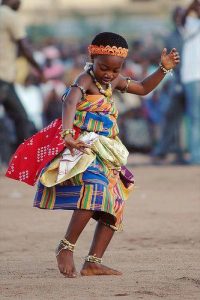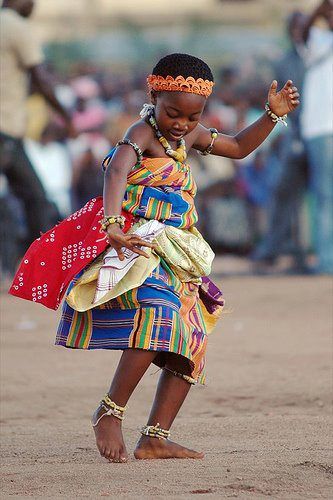In collaboration with NKA foundation, we are launching our first international design-build workshop for a dormitory building that will be serving local students of a vocational skills center in rural Gambia.
About the workshop: It is an international workshop hosting students and young professionals from around the world. Participants will have the chance to add their own fingerprint on the building of the dormitory building that will be implemented, acquire the know-how of different building techniques and go through innovative design tools. The workshop and the implementation process will take place from May to August 2018. Participants can join anytime for a minimum of two weeks.
During the workshop, the participants will attend theoretical sessions, simultaneously they will be applying the knowledge they get on site. The sessions will address different aspects such as:
1. INTERCULTURAL TRAINING WORKSHOP
In this workshop, we will reflect on our own values and working style preferences. With reference to practical exercises and sharing of personal experiences, the participants will get to know different strategies for assuring good multicultural teamwork and improve their skills for conflict resolution.
2. HUMAN-CENTERED DESIGN
Here you will get an in introduction to “Human-centered design” approach that develops solutions to problems by involving the human perspective in all stages, which will lead us to a brainstorming with an open discussion in order to be able to set a methodology to be followed in the design process afterwards.
3. SOCIAL AND SUSTAINABLE DEVELOPMENT
We will talk about social development and its goals and how our project will impact the framework of the society and how the development approach could be defined in a manner applicable to all societies. In this part, the participants are asked to prepare their own case studies that will help widen our perspectives to be able to create a place that perfectly fits in with the surrounding environment.
4. INTRODUCTION TO AFRICAN VERNACULAR ARCHITECTURE “Architecture is a unique component of a country’s culture just as much as its language, music, art, literature or food.” That’s why we decided to take you through a fast journey for exploring the Architecture of different African countries, what materials are popular in each one and how the climate affected the usage in different cases. In a couple of sessions, we will go deeper into African culture and the current state of its architecture.
5. INTRODUCTION TO ARCHITECTURE IN GAMBIA
We will have a walk in the village to explore and observe the lifestyle and architecture of Gambia and get deeper knowledge about the Gambian culture. We will have an open discussion about the evolution of shelters and urban transformation and will analyze different case studies. We will also go through soil and climate properties in Gambia and how they affect their architecture. So, prepare yourself for a new different survey that will put your design on a solid ground.
6. SUSTAINABLE TECHNIQUES OF CONSTRUCTION
We will discuss sustainability indicators and go through the properties of materials and their selection with regards to environmental context. We will go through several techniques such as rammed Earth, compressed earth blocks, adobe bricks and thatched roofs techniques. A life cycle assessment for those construction materials will be done to help us choose the most suitable technique for our building and to enable us to study how the building will act within the surrounding environment.
7. DESIGN TOOLS
An introduction to Passive design strategies and Biomimicry science which uses the concept of imitating nature’s systems for solving human problems. A long workshop that will identify the design criteria and take us through some very important design tools for creating a green building.
8. DESIGN WORKSHOP
After an intense Design thinking workshop, the participants will be able to generate ideas and techniques for the design process. The preliminary design is already generated, but the participants will still have the chance to add their fingerprint and elaborate more on the design, taking into consideration the time and budget constraints. Throughout this process, the locals will be engaged to guarantee the satisfaction of their needs.
9. FROM GARBAGE TO GARDEN
After conducting a community meeting with the locals of Karsi kunda to share the design proposal, we will conduct “from garbage to garden”, a one-day workshop, where the kids will learn how to turn food waste into fertilizers for planting and they will be applying those techniques in the landscape of the project.


